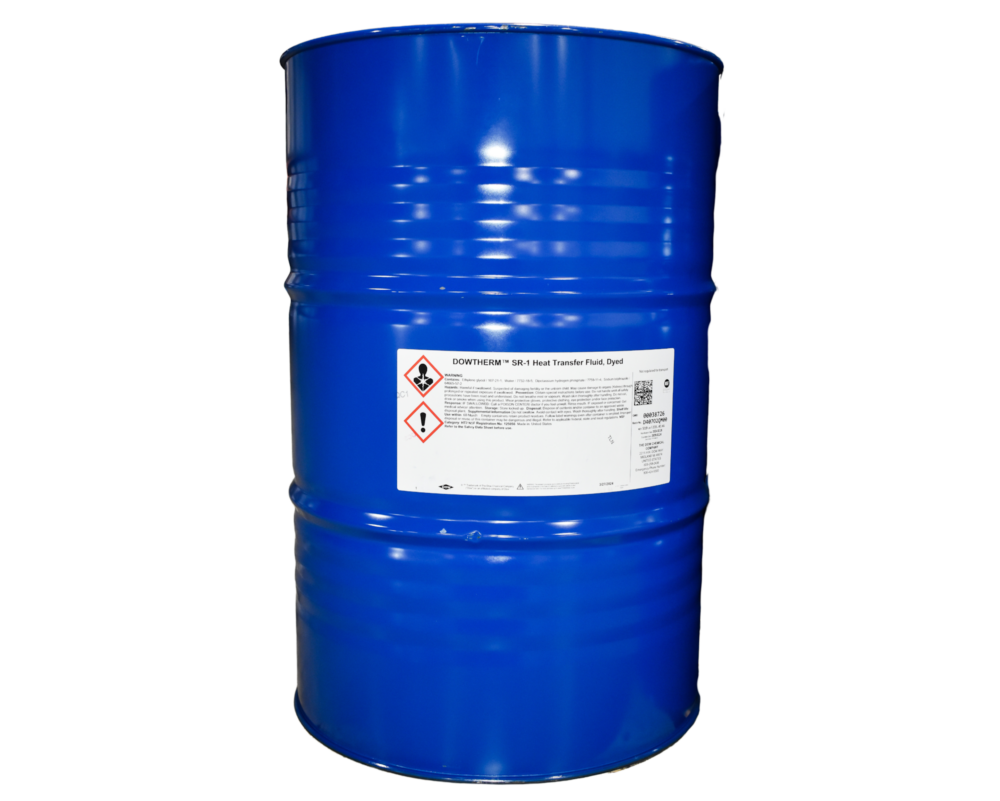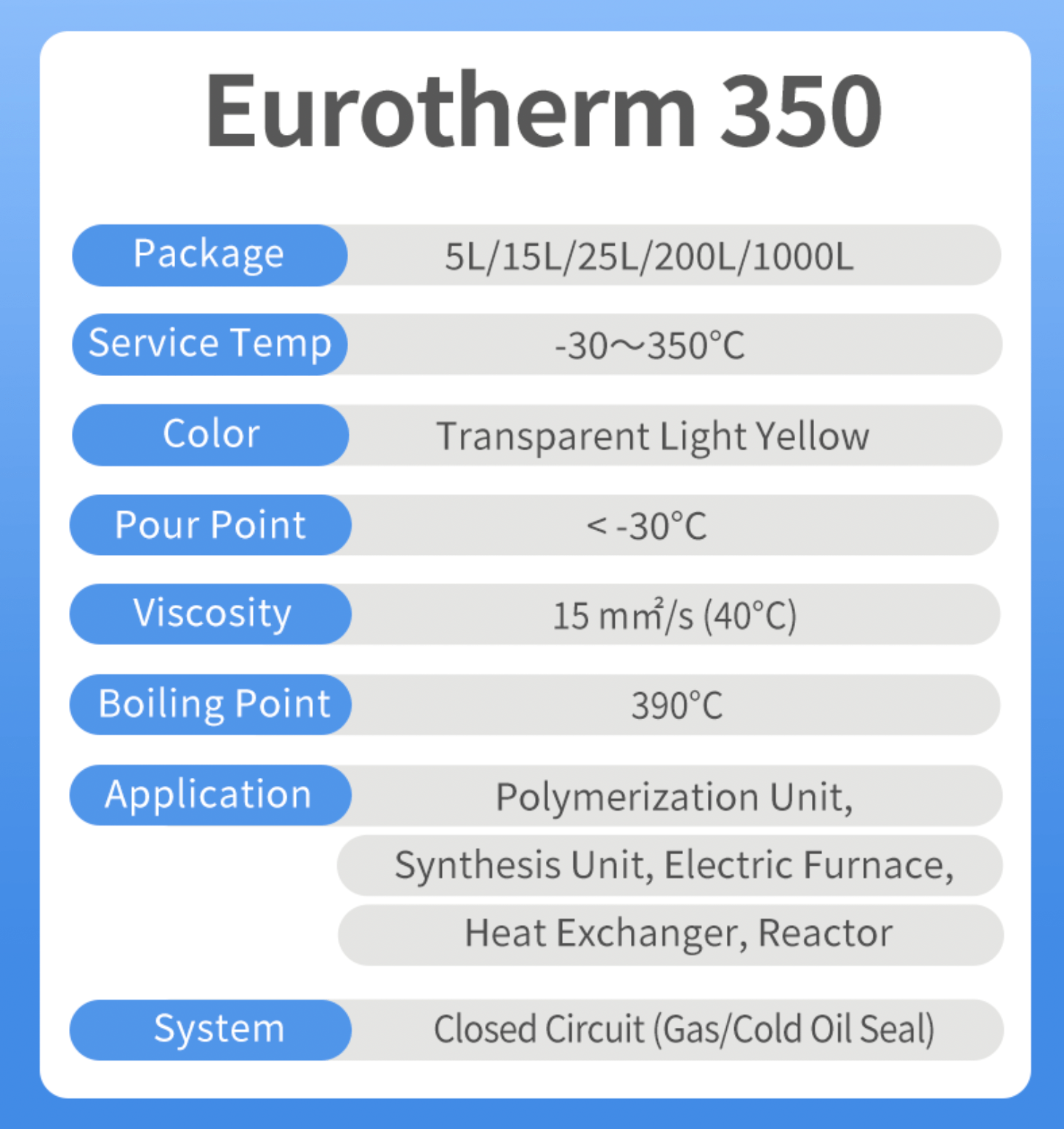Heat Transfer Fluid: Important for Optimizing Industrial Cooling And Heating Systems
Heat Transfer Fluid: Important for Optimizing Industrial Cooling And Heating Systems
Blog Article
How Warm Transfer Liquid Adds To Sustainable and Economical Workflow
In the modern commercial landscape, the duty of warm transfer liquids (HTFs) in promoting lasting and affordable operations can not be overemphasized. These fluids are pivotal in optimizing thermal administration systems, thus considerably improving energy efficiency and lowering functional expenses. heat transfer fluid. The ecological benefits of innovative HTFs, with their high thermal security and low toxicity, are obvious.
Recognizing Heat Transfer Fluids
In the realm of thermal administration, warm transfer fluids (HTFs) offer as important agents for transferring thermal power from one location to another. These liquids play a crucial function in various commercial applications, including chemical processing, power generation, and A/c systems.
The make-up of warm transfer liquids can differ significantly, including options such as mineral oils, synthetic oils, glycols, and molten salts. Each type offers distinct advantages, such as enhanced thermal stability, low thickness, and high boiling factors, which are selected based upon particular operational demands. The selection of HTF influences not just the efficiency of warmth transfer but also the long life and safety and security of the system in which it is used.
As industries remain to introduce, the growth of advanced HTFs, defined by their boosted thermal conductivity and lowered ecological impact, is critical for satisfying the demands of modern thermal monitoring obstacles.

Enhancing Energy Effectiveness

Improving energy effectiveness has come to be a vital worry throughout various sectors, motivating a better exam of warm transfer fluids' duty in optimizing thermal administration systems. These liquids are essential to preserving the desired temperature in processes, thereby decreasing power waste and boosting total system effectiveness. By picking an ideal warm transfer fluid, sectors can dramatically boost their power performance, causing lowered energy consumption.

Advanced formulas of warmth transfer liquids have been developed to hold up against severe temperature levels while keeping security and efficiency. These innovations extend the operational lifespan of the fluid, minimizing the frequency of substitutes and energy-intensive upkeep tasks. The usage of artificial or bio-based fluids offers extra advantages in terms of decreased ecological effect, straightening with worldwide sustainability objectives. Boosting energy performance through ideal warm transfer liquid choice is not only a technological need however additionally an environmental imperative.
Decreasing Functional Costs
Functional prices are a significant factor to consider for industries seeking to maintain affordable benefit, and the selection of warmth transfer liquid plays a vital duty in price management. Picking a proper warmth transfer fluid can cause substantial price savings by enhancing system performance and decreasing power usage. High-performance liquids decrease thermal degradation, which subsequently minimizes the frequency of liquid substitute and downtime related to maintenance, thus lowering functional expenses.
Moreover, warm transfer fluids with remarkable thermal stability and deterioration resistance extend the lifespan of equipment. This reduces the demand for frequent repairs and replacements, which can be costly and disruptive to procedures. By purchasing top quality liquids, sectors can accomplish lasting decreases in maintenance costs and enhance the reliability of their systems.
In addition, advanced warm transfer fluids frequently exhibit reduced viscosity at operating temperature levels, which improves pump performance and decreases power use in fluid flow. Lots of contemporary warmth transfer fluids are engineered to run properly over a broad temperature level range, reducing the demand for multiple liquid kinds, thereby improving stock demands and minimizing connected expenses.
Environmental Influence Decrease
The press in the direction of reducing ecological influence has gained momentum in industries leveraging warmth transfer fluids. Heat transfer liquids (HTFs) play a critical role in this transition, providing opportunities to boost energy performance and lower exhausts - heat get redirected here transfer fluid.
Moreover, using advanced warmth transfer liquids adds to improved system performance, lowering the total energy consumption. This reduction not just leads to price financial savings but likewise lowers carbon dioxide emissions, helping in the fight against climate adjustment. Liquids that are naturally degradable and recyclable additionally boost sustainability efforts, as they decrease waste and promote circular economic climate practices.
Furthermore, incorporating HTFs into closed-loop systems protects against fluid loss and contamination of the surrounding atmosphere. This method guarantees that fluids are reused, reducing the need for brand-new sources and limiting waste generation. By welcoming these ecologically conscious techniques, sectors can considerably lessen their eco-friendly effect while maintaining high operational effectiveness, aligning with worldwide sustainability goals and regulatory demands.
Choosing the Right HTF
Picking the appropriate warm transfer fluid (HTF) is an important step in advancing ecological sustainability within commercial processes. The option of HTF directly influences system efficiency, energy usage, and environmental impact. A suitable HTF must possess a high thermal ability, low viscosity, and high thermal conductivity to guarantee effective warmth transfer. Additionally, its security over a broad temperature level array is critical to stop deterioration, which can result in increased exhausts and waste.
This makes certain durability and minimizes upkeep costs. The liquid needs to be non-toxic and naturally degradable, decreasing read this its environmental footprint and making try this site certain conformity with environmental regulations.
Verdict

Report this page